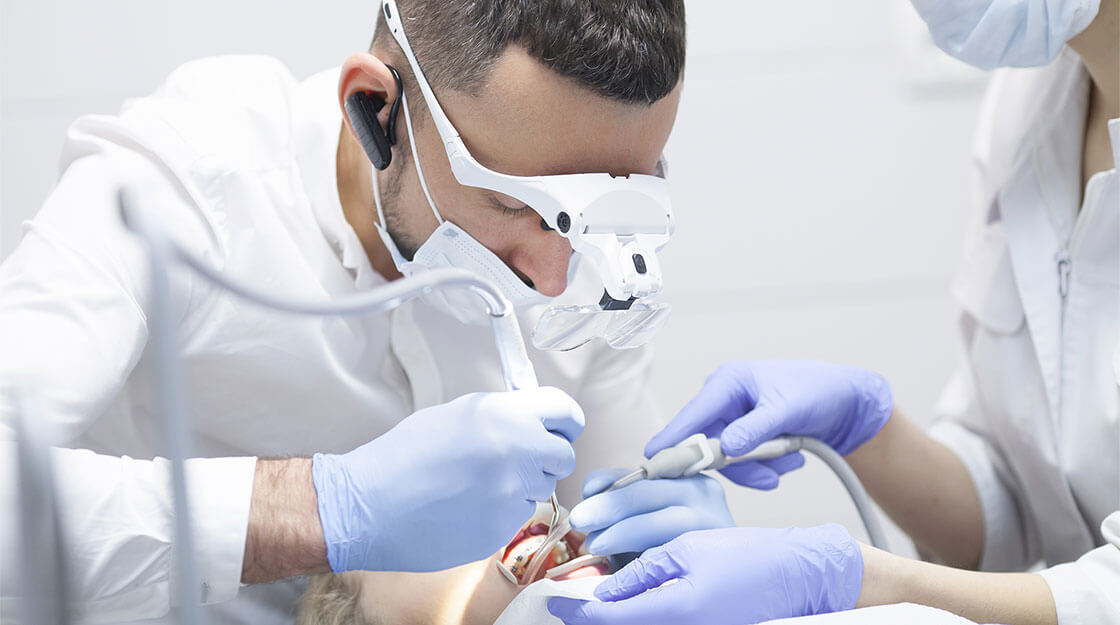Dental Career Pathways

Dental Career Pathways
So you have a strong interest in dentistry or oral health, but maybe being a dentist isn’t for you. Here are some alternative career paths in dentistry that still play to your interests and will utilize your skills!
Dental Hygienist
Dental hygienists are usually the people who perform the teeth cleaning when you visit the dentist’s office. They give your teeth a quick look-through and inform you on how to care for your teeth properly. They are trained in patient screening procedures – such as assessment of oral health conditions, review of the health history, and dental charting – take and develop dental x-rays, and apply preventive materials to the teeth, such as sealants and fluorides.
The salary of a dental hygienist is lower than that of a dentist. However, they require fewer years of schooling (two years versus four for a dentist) and are not required to hold a license specific to the state they want to practice in (though both still need to pass exams to be licensed to work).
Dental Assistant
Dental assistants have less interaction with patients than dental hygienists do, and their duties lean more towards the administrative side. They perform both preparatory and breakdown duties for the dentists (including disinfecting and laying out instruments and instructing patients on how to care for their teeth at home), and other tasks such as handing instruments to dentists during dental procedures, scheduling appointments, billing patients, and ordering dental supplies.
It takes less time to be trained to be a dental assistant than a dental hygienist. Dental assistants can receive their education from community colleges, vocational schools, technical institutes, universities, or dental schools, usually receiving a certificate at the completion of their training. Dental assistants who choose to become certified can take the Dental Assisting National Board’s (DANB) Certified Dental Assistant (CDA) examination.
Dental Laboratory Technician
Of these three alternative dental careers, dental laboratory technicians have the least amount of interaction with patients. They work more directly with dentists following detailed written instructions and using impressions or molds of patients’ teeth or oral soft tissues to create such dental prostheses as full or partial dentures, orthodontic appliances and splints (to help straighten and protect teeth), crowns, and veneers. Many technicians acquire skill in working with the sophisticated equipment and instruments of their line of work; it is important for tooth replacements to be attractive as well as functional.
Dental technicians may receive their education and training through a two-year program at a community college, vocational school, technical college, university, or dental school, receiving either an associate degree or certificate upon completion. To become a Certified Dental Technician (CDT), they must pass the certification examination administered by the National Board for Certification in Dental Laboratory Technology.
Ready to pursue a career as a dental assistant?
Tuition as Low as $78/Month!
Our next class session starts 06/1/2019
Call to enroll today! 770.407.8700
